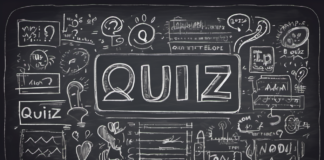Autism Spectrum Disorder or Autism as it is being known in its short form is a group of developmental disabilities that affects among other things, an individual’s way of relating to his or her environment or their mode of interacting with other individuals.
Some people with autism may be able to live relatively accompanying learning and require continued specialist support as there are different ranges of difficulties and degrees to which people affected may perform. For this reason, some affected individuals need a lot of help in their daily lives while others need less.
People with autism may not actually look different from other people but may interact, behave, communicate and learn differently from other people.
Symptoms
Individual with the ASD often have problems with their social, emotional and communication skills. Most of them also have problems with their learning (the way they pay attention to certain things, and their reaction to those things).
Other signs and symptoms of autism include:
- Loneliness
- Shyness
- Difficulties in Decision making
- Loss of acquired skills
- Unusual sensory interest
- Intellectual impairment
- Interest in people but not being able to communicate with them, and a few others
Causes
There is no particular thing that can be pin-pointed as the cause for ASD but certain factors have been linked to the disease.
Vaccine – Certain drugs cn be related to autism. When taken during pregnancy, the prescription drugs valproic acid and thalidomide have been linked with a higher risk of ASD.
Genetics – ASD tends to occur more often in people who have certain genetic or chromosomal conditions such as fragile X syndrome or tuberous sclerosis. Some genes may make a child more susceptible to the condition while other genes may affect the development of the brain or the way which the cells communicate.
Environmental factors – Certain research are ongoing whether factors as viral infections, air pollutants, and pregnancy complications may trigger autism.
Treatment
Currently, there is no cure for ASD but research shows that early diagnosis and intervention can help improve a child’s development. This early intervention helps a child from birth to 3 years of age. If certain symptoms are being detected in a child, it is advised you see your child’s doctor immediately.
Other treatments which involves therapies like behavioral analysis and the likes may be administered to help manage the condition of the disease.










[…] have passed, and our little boy is doing fine, thanks to certain steps we took in managing his condition. Indeed the psychiatrist made a meaningless diagnosis about our […]